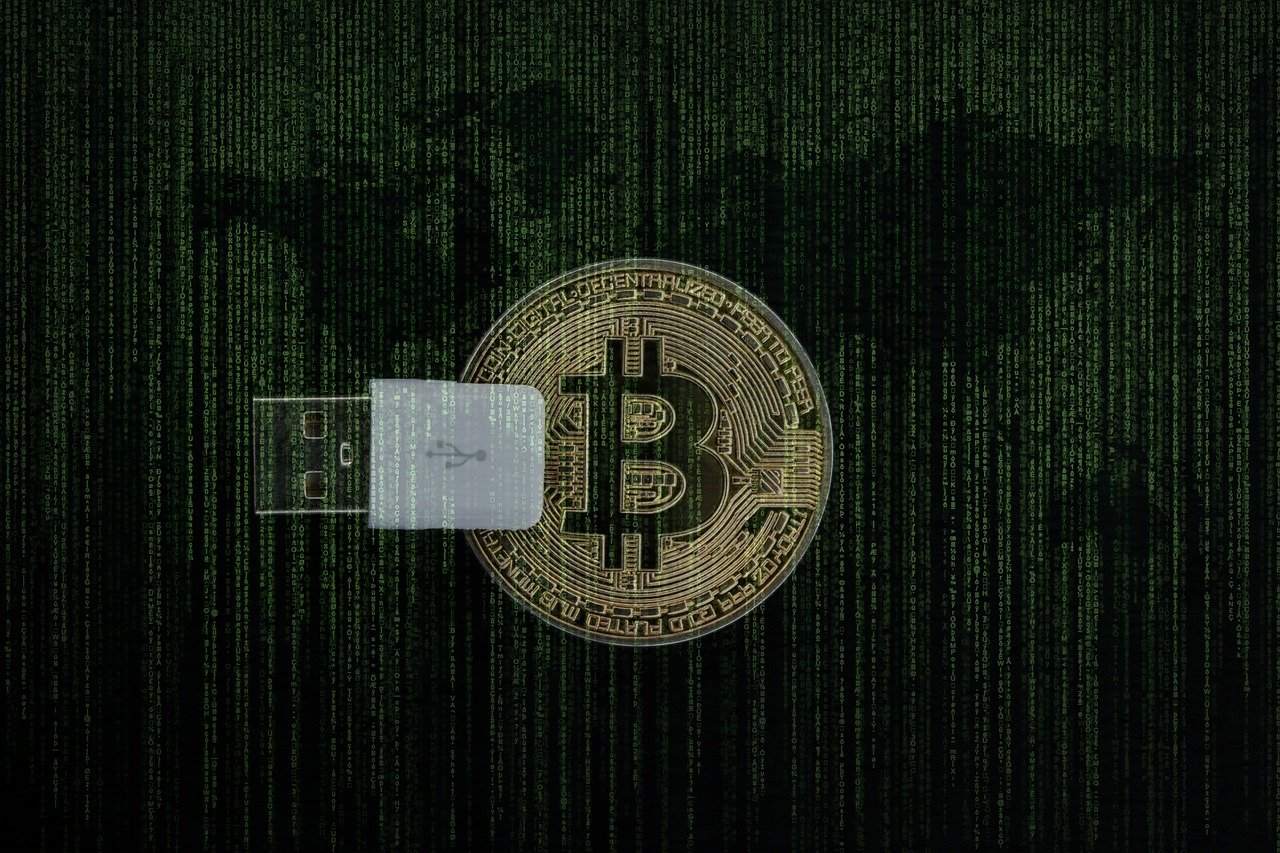Smart contracts are revolutionizing the way we think about agreements, trust, and automation in the digital age. Imagine contracts that execute themselves automatically based on pre-defined conditions, eliminating the need for intermediaries and ensuring transparency and security. This blog post will delve into the intricacies of smart contracts, exploring their applications, benefits, and the technology behind them. Get ready to unlock the potential of self-executing agreements!
What are Smart Contracts?
Defining Smart Contracts
A smart contract is a self-executing contract with the terms of the agreement directly written into code. These contracts run on a blockchain network, making them immutable and transparent. When the predetermined conditions are met, the contract automatically executes, ensuring that all parties involved fulfill their obligations.
How Smart Contracts Work
Smart contracts operate on a simple “if-then” logic. The code specifies the conditions that must be met for the contract to execute a certain action. Here’s a breakdown of the process:
- Agreement: Parties agree on the terms of the contract.
- Coding: The contract terms are translated into code (e.g., Solidity for Ethereum).
- Deployment: The code is deployed onto a blockchain network.
- Execution: When the specified conditions are met, the contract automatically executes the agreed-upon actions.
- Immutability: Once deployed, the contract cannot be altered, ensuring security and trust.
Key Characteristics of Smart Contracts
Several key characteristics define smart contracts and make them powerful tools:
- Autonomous: Execute automatically without intermediaries.
- Trustless: Parties don’t need to trust each other; the code enforces the agreement.
- Transparent: All transactions and contract terms are recorded on the blockchain.
- Secure: Immutability ensures that the contract cannot be tampered with.
- Efficient: Reduce transaction costs and processing times.
Benefits of Using Smart Contracts
Increased Efficiency and Reduced Costs
Smart contracts streamline processes by automating tasks that would traditionally require manual intervention. This results in:
- Reduced administrative overhead: No need for paperwork or intermediaries.
- Faster transaction times: Execution is automatic and immediate.
- Lower transaction fees: Elimination of middleman fees.
For example, in supply chain management, smart contracts can automate payments to suppliers once goods reach a specific checkpoint, reducing delays and disputes.
Enhanced Security and Transparency
The inherent nature of blockchain technology enhances security and transparency:
- Immutable records: Once a transaction is recorded on the blockchain, it cannot be altered.
- Decentralized storage: Data is distributed across multiple nodes, reducing the risk of single points of failure.
- Auditability: All transactions are publicly verifiable on the blockchain.
This is particularly beneficial in voting systems, where smart contracts can ensure that votes are accurately recorded and cannot be tampered with.
Automation and Streamlined Processes
Smart contracts automate complex processes, making them more efficient and less prone to errors:
- Automated payments: Escrow services can be automated, releasing funds when certain conditions are met.
- Supply chain automation: Tracking goods and automating payments at each stage of the supply chain.
- Digital rights management: Automatically enforcing copyright rules for digital content.
Consider a real estate transaction: a smart contract can automatically transfer ownership and disburse funds once all conditions of the sale are met, reducing the need for escrow agents and speeding up the process.
Applications of Smart Contracts
Supply Chain Management
Smart contracts can revolutionize supply chain management by:
- Tracking goods from origin to delivery.
- Automating payments to suppliers based on predefined milestones.
- Ensuring transparency and accountability throughout the supply chain.
IBM Food Trust, built on blockchain technology, uses smart contracts to track food products from farm to table, enhancing food safety and reducing waste.
Decentralized Finance (DeFi)
Smart contracts are the backbone of DeFi applications, enabling:
- Decentralized lending and borrowing platforms.
- Automated market makers (AMMs) for trading cryptocurrencies.
- Yield farming and staking mechanisms.
Platforms like Aave and Compound use smart contracts to provide lending and borrowing services without traditional financial institutions.
Healthcare
In healthcare, smart contracts can be used for:
- Securing and managing patient data.
- Automating insurance claims processing.
- Ensuring compliance with regulations like HIPAA.
For example, smart contracts can automate the release of medical records to authorized parties, ensuring patient privacy and security.
Voting Systems
Smart contracts can enhance the integrity and security of voting systems by:
- Ensuring that each vote is unique and cannot be duplicated.
- Providing a transparent and auditable record of all votes.
- Reducing the risk of fraud and manipulation.
Voatz, a mobile voting platform, uses blockchain technology to secure elections, although its security has faced scrutiny and is continuously being improved upon.
Challenges and Limitations
Security Vulnerabilities
Smart contracts are not immune to security vulnerabilities. Bugs in the code can lead to significant financial losses. Examples include:
- Re-entrancy attacks: Attackers can exploit vulnerabilities in the contract’s logic to drain funds.
- Integer overflow/underflow: Mathematical errors can lead to unexpected behavior.
- Denial-of-service (DoS) attacks: Attackers can overload the contract, making it unavailable.
Regular audits and formal verification are crucial to identify and mitigate these vulnerabilities.
Scalability Issues
Blockchain networks can face scalability limitations, impacting the performance of smart contracts:
- Transaction throughput: The number of transactions a blockchain can process per second is limited.
- Gas fees: The cost of executing smart contracts on some blockchains can be high.
Solutions like layer-2 scaling solutions (e.g., Optimism, Arbitrum) and sharding are being developed to address these issues.
Regulatory Uncertainty
The legal and regulatory landscape surrounding smart contracts is still evolving:
- Legal enforceability: The legal status of smart contracts varies by jurisdiction.
- Compliance requirements: Smart contracts may need to comply with existing regulations (e.g., GDPR, KYC/AML).
Clarity in regulation is needed to promote wider adoption and provide legal certainty.
Conclusion
Smart contracts hold immense potential to transform various industries by automating processes, enhancing transparency, and reducing costs. While challenges such as security vulnerabilities and regulatory uncertainty exist, ongoing developments in technology and legal frameworks are paving the way for broader adoption. Understanding the fundamentals of smart contracts, their benefits, and limitations is crucial for anyone looking to leverage this innovative technology. As blockchain technology continues to evolve, smart contracts will undoubtedly play a central role in shaping the future of digital agreements and decentralized applications.


